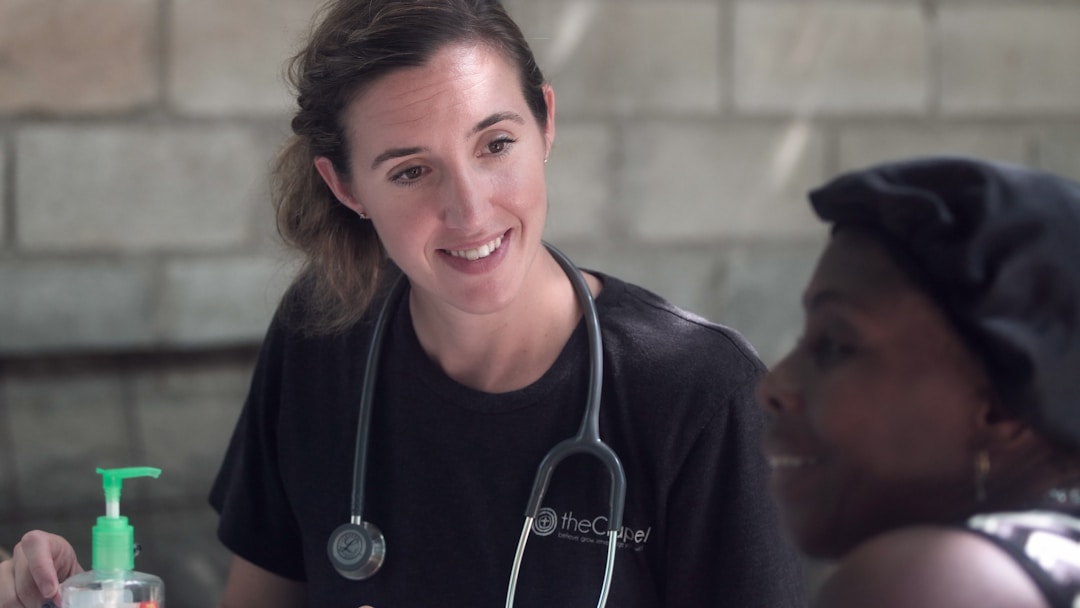The medical field has been on the frontlines in the COVID-19 pandemic, as doctors and nurses put themselves in harm’s way against an invisible enemy. There’s more of an appreciation than ever for what these warriors do, and the opportunities within the nursing community are plentiful within the varying branches of medicine.
Let’s take a look at the different kinds of nurses that are out there, and the growing field of nurse practitioners, or advanced practice medical nurses.
Family Nurse Practitioner (FNP)

So just what is FNP? A family nurse practitioner is a registered nurse with specialized educational and clinical training in family practice. These nurses have a higher degree of training than a traditional RN, but being a registered nurse with a bachelor’s degree in nursing is a prerequisite of going on to become an FNP.
Family nurse practitioners are trained to work with children and adults on maintaining health and wellness, with the primary focus being on preventative care and health promotion. FNPs may work under the direct supervision of a physician in a clinic or private practice environment. Nurse practitioners are becoming more common throughout the United States, especially in family practice with a lack of independent physicians.
Registered nurses can go for further education to become a family nurse practitioner, such as going from an associate degree in nursing to a master’s degree in science. These FNP program opportunities are present online, but it is recommended to have a strong internet connection to conduct these courses. You can negotiate a better rate from your internet provider for a cheaper internet bill if you’re taking an online course. Oftentimes, a bundled opportunity may be available from companies like Verizon that can give you phone, internet, and cable for less.
Adult-Gerontology Nurse Practitioner (AGNP)

An adult-gerontology nurse practitioner, or AGNP, has a clinical focus on treating people from adult age into advanced age in primary care and acute care. An AGNP becomes a familiar face for long-term patients with routine medical visits within primary care facilities, taking a wellness-based and holistic approach to this variation of family medicine. Acute care adult-gerontology nurse practitioners manage critical and chronic conditions within the geriatric community primarily, taking a targeted approach to this kind of health care.
AGNP nurses must obtain further specialized education following their certification as an RN to eventually find themselves working in private practice. Adult-Gerontology nurse practitioners should either hold an MSN, a Master’s Degree in Nursing, or DNP, a Doctorate in Nursing. Obtaining AGNP certification has additional education requirements due to the more complex understandings of care in geriatrics.
Psychiatric Mental Health Nurse Practitioner (PMHNP)

A psychiatric mental health nurse practitioner, or PMHNP, assesses and diagnoses patients suffering from mental illnesses, disorders, and substance abuse problems. A psychiatric mental health nurse practitioner can get involved in prescribing medication and managing treatment plans, as well as providing mental health education and promoting wellness and proper self-care.
PMHNPs can be utilized in a multitude of clinics, ranging from primary care physicians and private practice to domestic violence shelters and correctional facilities. While these nurse practitioners do not require a doctoral degree, their eligibility requirements include an active RN license, with a recommended master’s program focused on psychiatry. It is also recommended that advanced practice nurses register with the American Academy of Nurse Practitioners for easier recertification and access to education resources for RNs to advance into the nurse practitioner field.
In some cases, psychiatric mental health nurse practitioners can conduct psychotherapy, even opting for renovating the basement to create a private practice within their home. Turning the basement into a home office doesn’t have to be hard, and taking advantage of the extra square footage by putting up some shelves or fixtures and redoing the hardwood floors can provide people of all ages with a safe zone for standard therapy sessions.



